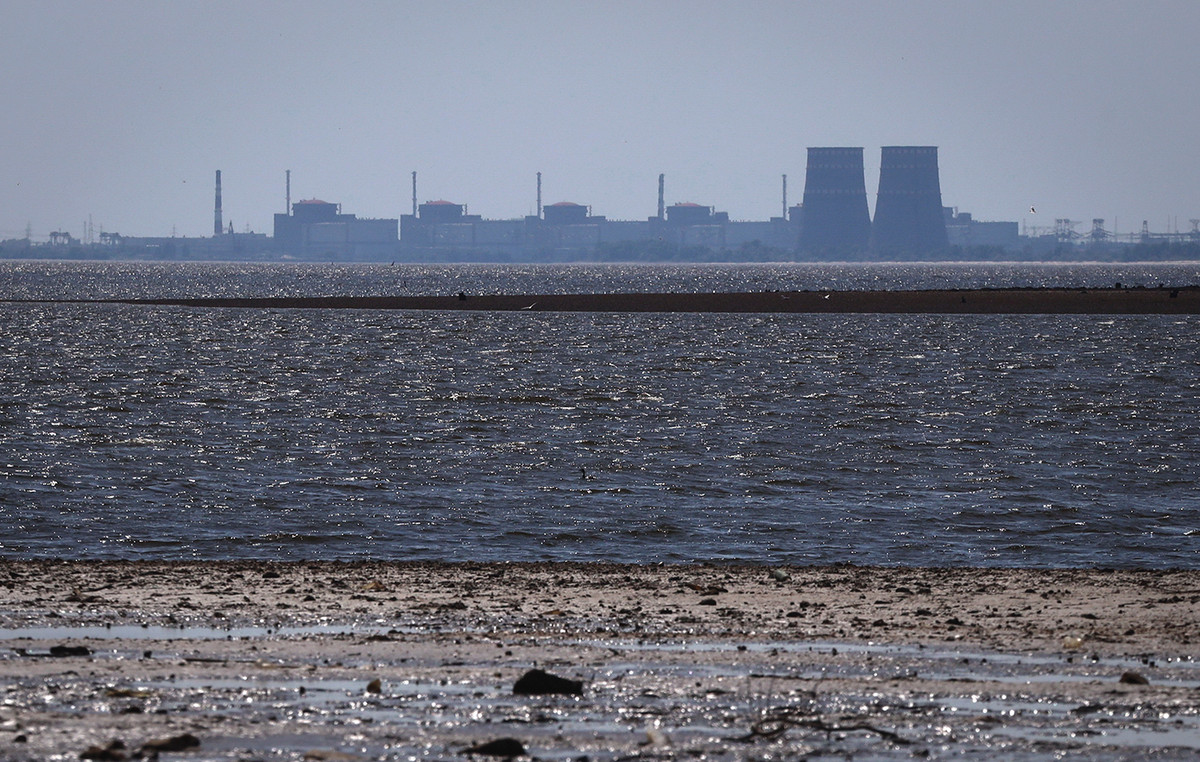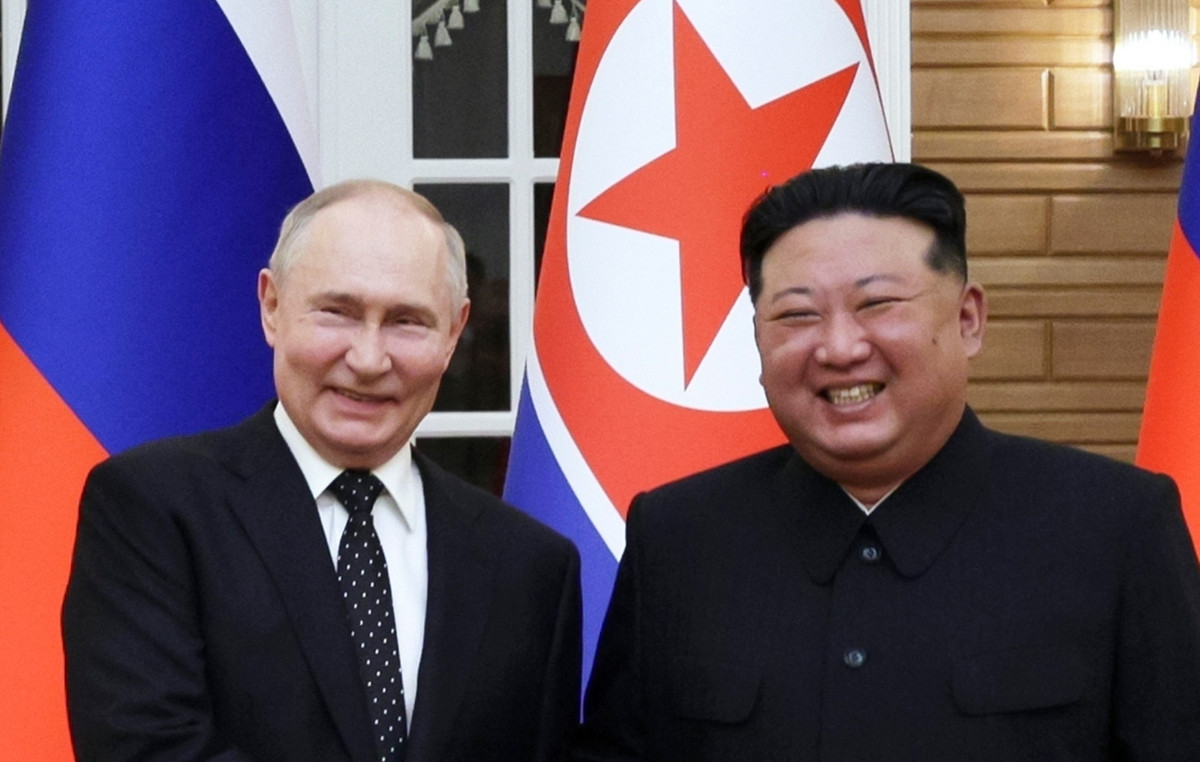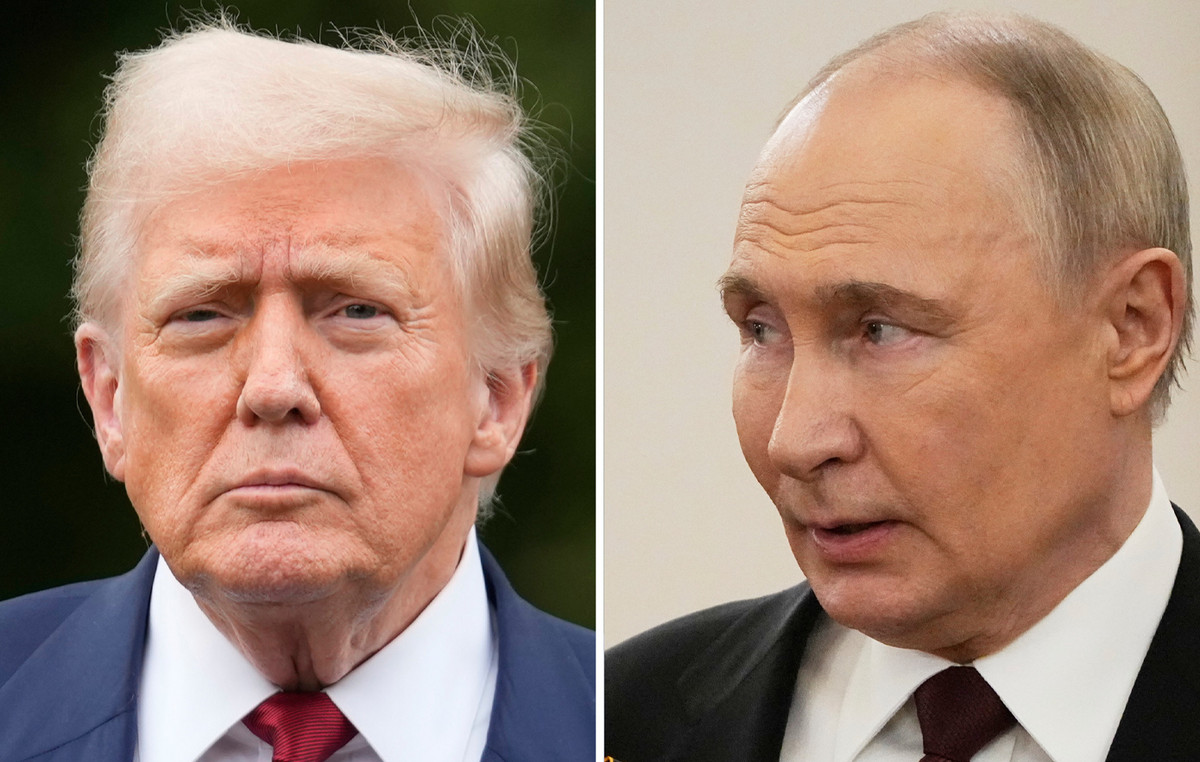Yesterday’s first round of parliamentary elections in France turned into a real hand-to-hand battle, with President Emanuel Macron really taking the first place in the final straight and for “a handful of votes” from the leader of the French left Jean-Luc Melancon the initial estimates of the exit polls.
Specifically, the “Together” faction of the French president finally managed to collect 25.75% of the vote, securing a marginal victory over the “New Popular Ecological and Social Union” of Melanson, which ended up in second place with 25.66%. Marin Le Pen’s “National Alarm” came in third with 18.68%, followed by Republicans with 11.29%.
Although President Macron prevailed in the first round of parliamentary elections and is expected to remain the leading force in France, the strong rise of the left-wing alliance and the far right shows that in the second round next Sunday the battle will be just as hard and difficult. for the French President.
Macron’s agenda is in danger
Emanuel Macron has just one week to convince French voters to give him an absolute majority in parliament so he can implement the controversial social and economic reforms he has promised. A difficult task as yesterday less than 1 in two French people went to the polls, with the abstention being set at 52.8%, a record percentage in post-war France.
Macron’s party and its allies are likely to remain the largest bloc in the 577-seat French National Assembly, according to an average of five pollsters following the results of the first round of parliamentary elections. However, his majority in the National Assembly is likely to shrink dramatically, just as his margin of victory in the April presidential election fell sharply, and he may lose it.
The 44-year-old centrist faction is expected to secure 262 to 301 seats in the National Assembly, while at least 289 seats are required to have an absolute majority.
The importance of the project was emphasized by the Prime Minister of Macron, the Prime Minister of the country Elizabeth Bourne in her statements after the closing of the polls: “Only a clear and strong majority will allow us to respond to emergencies that of the French people and meet the challenges of the future. ”
Jean-Luc Melanson’s left-wing alliance is emerging as the second largest bloc, as it seems to secure 164 to 208 seats. Finally, Le Pen’s far-right “National Alarm” is expected to take 17-36 seats and the Conservative Republicans at least 40 seats.
By securing an absolute majority, Macron could push forward his agenda, the implementation of which has been delayed, which, among other things, provides for an increase in the retirement age and a reduction in taxes.
On the contrary, the loss of the majority would force the Macron government to either form a coalition or draw votes on a case-by-case basis whenever it wants to proceed with a reform. In this case, however, it would at least be forced to make concessions, while the formation of a coalition could mean providing more ministerial posts to rival parties in order to consolidate cooperation.
Macron, however, faces other risks. If Melanson’s left-wing coalition gathers 185 lawmakers, it could call for referendums, as well as parliamentary inquiries, and could flood debates over bills with amendments.
Le Pen’s faction could also raise obstacles. The far-right party appears ready to secure a formal status that means it can influence committees and have a set time to express its views, a milestone in Marine Le Pen’s ten-year effort to bring the party to the forefront of the French political scene.
France’s parliamentary elections are not linked to the percentage of national votes each party receives. Although her party received about 20% of the total votes, according to the Interior Ministry count, with 87% of the voters counted, the National Alarm is expected to receive only about 5% of the seats in parliament. Macron’s faction received about a quarter of the total votes, while the parties led by Melanson received about 24% of the total.
The exact outcome of the second round of the June 19 parliamentary elections is difficult to predict, as it is not always clear who the supporters of the defeated candidates will support at the polls.
Macron could also end up being forced to reshuffle his government as some of his ministers, including European Affairs Minister Clement Bonn, fight to get elected and lose their portfolios if not elected.
Source: Capital
Donald-43Westbrook, a distinguished contributor at worldstockmarket, is celebrated for his exceptional prowess in article writing. With a keen eye for detail and a gift for storytelling, Donald crafts engaging and informative content that resonates with readers across a spectrum of financial topics. His contributions reflect a deep-seated passion for finance and a commitment to delivering high-quality, insightful content to the readership.







